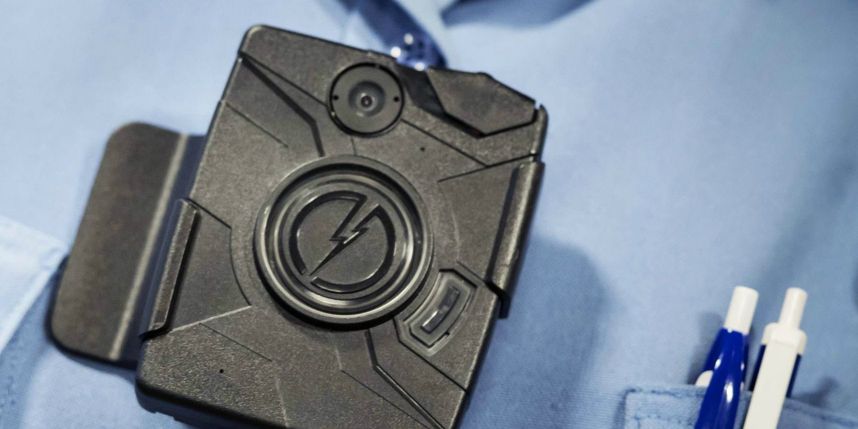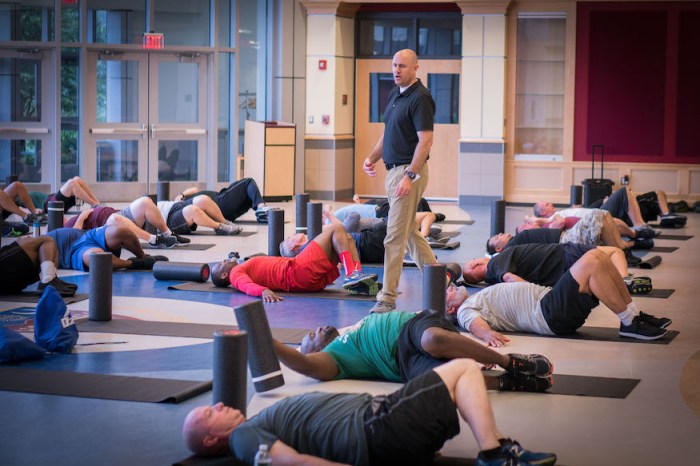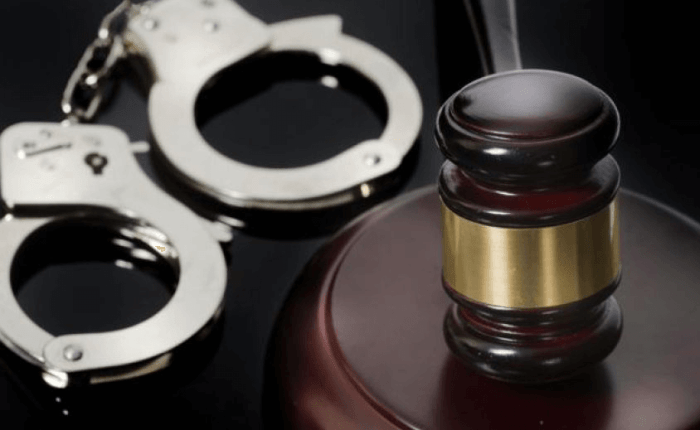Body cameras on police officers may “generate small benefits” for police-civilian encounters, according to a preliminary analysis of the Boston Police Department’s body camera pilot program.
The first analysis of the pilot program, which required 100 officers to wear body cameras for a year, focused on if and how the cameras impacted two main factors: complaints against officers and use of force reports by officers.
Throughout the pilot, a total of 121 officers wore the body cameras. Those officers “received fewer citizen complaints and generated fewer use of force reports” when compared to “control officers,” the analysis found.
Specifically, there were 12 fewer citizen complaints filed against officers wearing body cameras throughout the pilot year, or the reduction of one complaint per month for the officers wearing body cameras, compared to the control officers.
There were 17 total complaints against body camera-wearing officers and 29 against the approximately same-sized control group of officers.
The Boston Police Department said that overall, the number of citizen complaints against officers has been steadily decreasing over the past four years, dropping 41 percent.
The small reduction in the use of force reports was ultimately not statistically significant, according to the analysis, with the body camera-wearing officers totaling seven fewer reports than the control group.
“While the analysis showed a reduction, it did not determine the reduction in reporting was directly due to officers wearing BWCs [Body Worn Cameras],” the department said. “Since 2013, Use of Force reports have seen a 54 percent decrease while arrests too have dropped 32 percent for the same period.”
The department also stressed that these early findings should be “interpreted with caution.” The analysis was written by researchers at Northeastern University and the final, full report is set to be released in June with more information on police-citizen encounters, police proactivity, police lawfulness and police-community relations.
“Nationwide, the impact on body cameras has been varied,” BPD Commissioner William Evans said in a statement. “Waiting for the results of the full analysis is prudent and necessary to really understanding the context and setting in which body cameras may have the most impact. It is likely that in the additional analysis the significance of the current findings may become more impactful, but given the Boston Police Department’s historically low numbers, expectations for outcomes should be much more modest.”



















